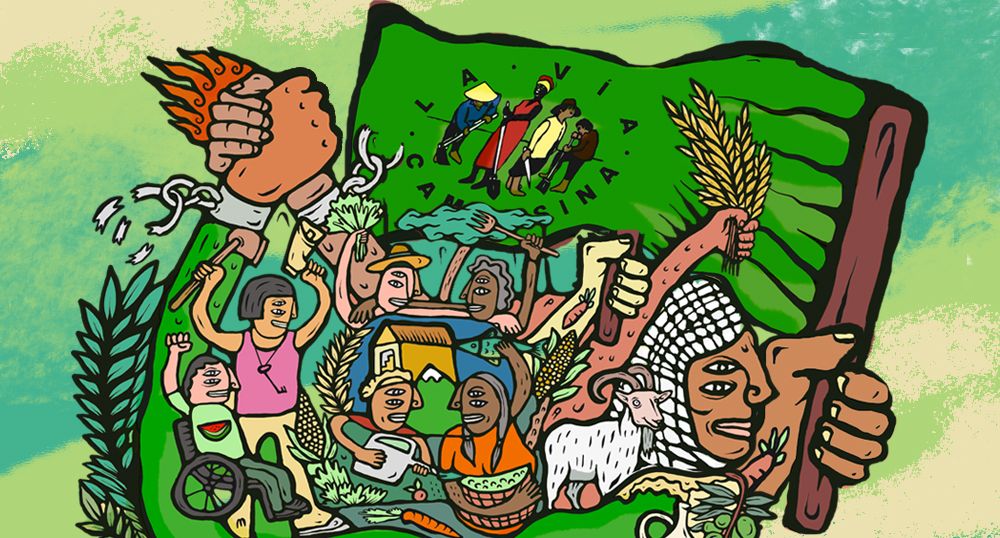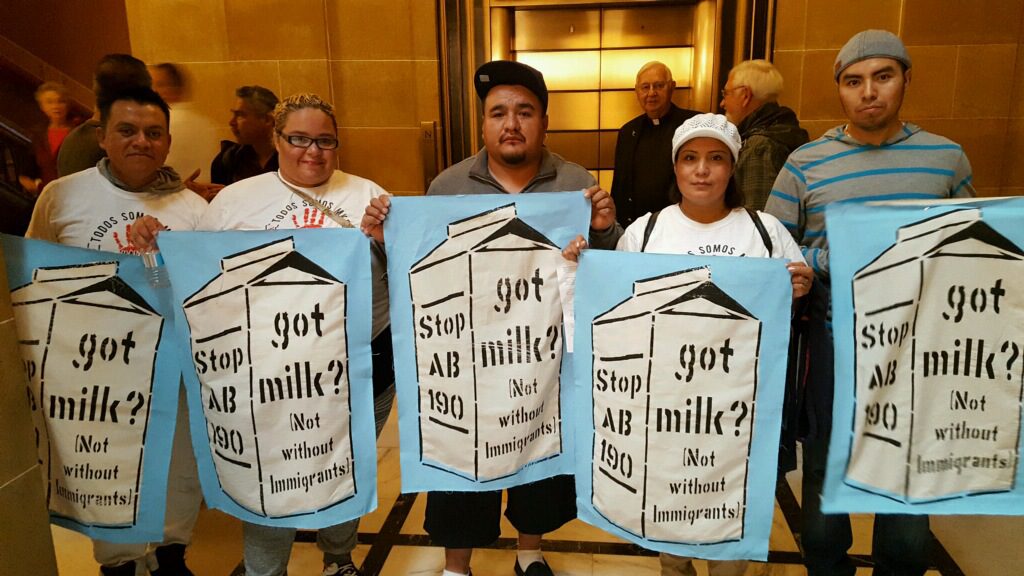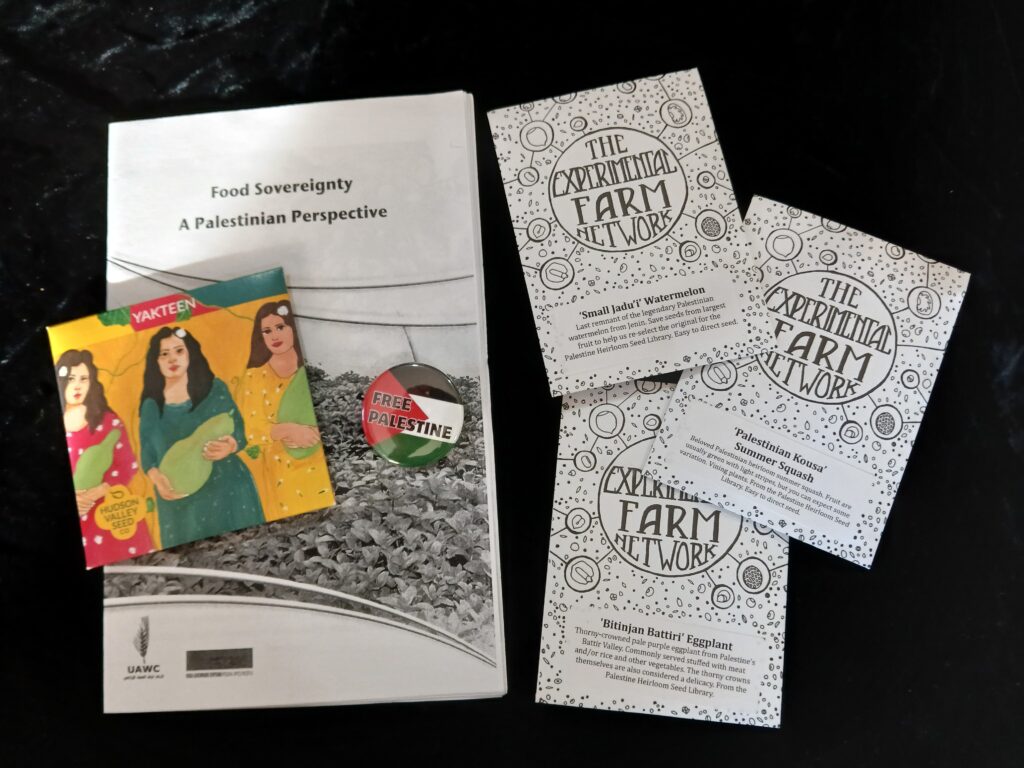By Jim Goodman, FFD board member and retired organic dairy farmer, Wonewoc WI
“Our lives are dependent on the sacrifice of the Campesinos”- Cesar Chavez

On April 17, 1996 1,500 members of Brazil’s MST, the Landless Peasants Movement, having been evicted from their farms two years earlier, marched to the state capitol in Para to demand a return of their land so they could again feed their families. Instead of meeting with government officials they were surrounded by police, who, using machine guns, killed 19 and seriously wounded 69.
Farmers, peasants, the indigenous and the landless are entitled to land only until the government or the corporate interests find a better use for it.
La Via Campesina, the international movement of the small farmer celebrates April 17 as the International day of Peasant’s Struggles. The struggle against the evictions, oppression and marginalization of the farmer. The commemoration of the struggles of Cesar Chavez, the United Farm Workers and the indigenous peoples of the world.
Those who farm in the US distance themselves from the term peasant, thinking it connotes a tenant, sharecropper, a small farmer or mere farm worker. I am a small farmer, a peasant and proud of it. Remember, roughly half of the worlds population are farmers who work the land and tend livestock. While I am a minority in the US, worldwide, I am part of the majority.
The vast majority of the worlds small farmers and farm workers continue to struggle against trans-national agribusiness corporations (TNC’s) that control the worlds food supply, they struggle against oppressive government policies, trade agreements and tariffs that aim to convert local farming to industrialized agriculture.
The peasant farmer struggles for the right to grow what they wish, for access to water, land and credit and for the rights of women farmers who grow most of the world’s food. They struggle for protection from subsidized foreign imports and to protect their crops from contamination by Genetically Engineered seed. They struggle to eliminate food from international trade agreements, because food is different, food is a human right, not a commodity, despite what our misguided government would tell us.
US farmers are ambivalent to this struggle, but are we really so distant from it? Do we really control our own destiny? In Iowa, nearly 60% of the farmland is rented and with land values often topping $20,000 per acre few, especially young farmers, can afford to own their own land. As investment companies and pension funds acquire more and more farmland, they drive price increases.
We have no control over our market prices or our input costs, but the TNC’s do. We have no control over land prices and government programs dictate what crops we will grow. We compete with farmers worldwide to see who can work the cheapest while the TNC’s eliminate local food production.
Americans are not so very different than the peasants of the world. We are all at the mercy of the TNC’s. When three corporations control our meat processing and four control the worlds grain supplies, who really decides what people will eat, at what cost and in the end what will farmers be paid?
Those who do not work the land are still connected to it and to the peasant. The farm worker grows our fruit, our vegetables and our livestock, without them we would all go hungry. Most of the world knows this, yet in the US we are slow to learn and slow to care. Yet, buying at a farmers market in Minneapolis, planting a window box in Brooklyn or a community garden in Los Angeles, we are catching onwe are becoming peasants. We all have the farmer, the peasant, somewhere inside and we are destined to be part of the struggle.
There is no shame in being a peasant, a farmer, in struggling to control your destiny, for manual labor and working the land are not demeaning. Feeding your family, your community and resisting the globalization of food are the struggles all farmers, all people must share whether they grow millet and rice in India, herd cattle in Africa, grow tomatoes in a Brooklyn window box or fish the North Sea.
We must control our food supply, we must decide what will be grown to protect our health, our culture and the environment. We are all part of the struggle, for we are all peasants, or, all in need of peasants. April 17 should, at the very least, be a day to consider our connection to food and to those who struggle to feed us.




